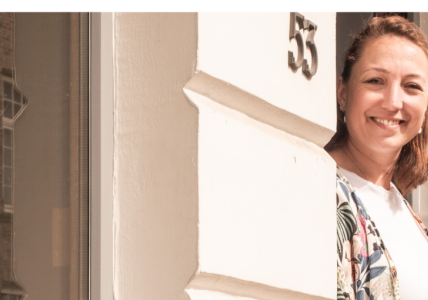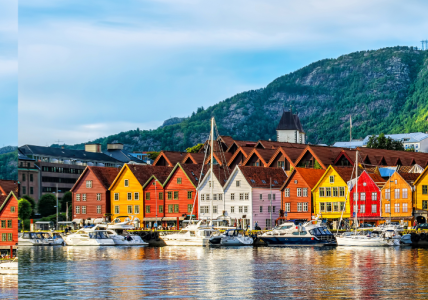NUDE
The world we live in is volatile, uncertain, complex and ambiguous. Disparities in health and poverty are growing and climate change is increasing. If we want healthy, future-proof communities, we need resilient cities and neighborhoods. The aim of NUDE is to improve and sustain the livability of neighborhoods across Europe by designing innovative integral approaches. This includes citizen participation on all relevant policy themes such as climate change, (energy)poverty and social cohesion).
The project will deploy data-driven methods to legitimize and facilitate more efficient and effective decision-making in local governments. In the current situation, data are often deployed fragmented on specific themes. Hard data in general is valued more than so-called soft data. While both parts and often multiple themes are aligned, more perspectives need to be highlighted and connected to achieve successful solutions.
With regard to soft data, local governments nowadays still find it difficult to get access to specific target groups (like working outreaching) and one of the consequences is that there is limited support for policy changes. We are also dealing with current crisis in Europe, so we need to act sparingly. This means there’s a sense of urgency to optimize data availability and use data visualization in order to make good analyses and more efficient and effective choices. We also aim to improve evaluations and measurements of the impact and effect of these choices on the ground.
One of the objectives is to develop or sustain and implement urban planning, based on quantitative (hard) data combined with input from citizens (qualitative or soft data), in which both aspects are equally important, valued and deployed.
The other goal is to develop or strengthen working methods which facilitates multidisciplinary teams in neighborhoods to implement joint territorial plans through an imitable method like Scharmer’s U-Theory in which five phases occur; co-initiating, co-sensing, co-presencing, co-creating and finally co-evoluating.
This project builds on previous experience from the I2I project, in which community building was a central theme in developing
approaches against loneliness. I2I used the quadruple-helix method in designing interventions in neighborhoods.
- Municipality of Turnhout - Belgium
- Municipality of Mechelen - Belgium
- Organizations with experience in Service Design
- Organizations with experience in (Geographic) Information System Tool Development


